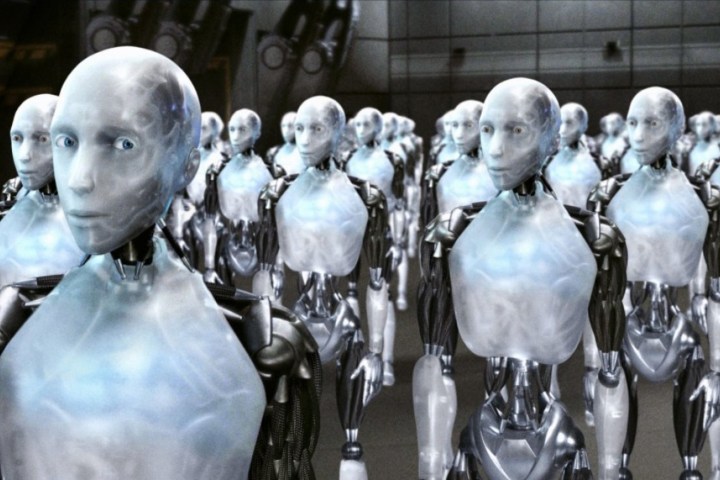
Interestingly, the best defense against automation may not be a particular skill set, but personality traits, according to a new study. The researchers found that, although education was important, character traits, vocational interests, and intelligence played a major role in determining whether a person will select an easily automated job.
“There has been a lot of research in economics recently about the dangers of automation and what it can do to the labor market, but no psychological research had yet examined how individual differences in intelligence, personality traits, and vocational interests predict job computerizability outcomes,” Rodica Damian, lead author of the study and psychologist from the University of Houston, told Digital Trends. “This is important because if we want to enhance workforce readiness — for example, train the new generations to be prepared for the future labor market — we need to know where we must intervene.”
Damian and her team analyzed data on 346,660 people, looking at things like personality traits in adolescence and socioeconomic status over a 50-year period. They found that, regardless of social background, a person was more likely to select a less computerizable job if they displayed higher levels of intelligence, maturity, and extroversion, while being more interested in the arts and sciences.
The results are perhaps not that surprising. After all, intelligence goes hand in hand with higher levels of education, as well as more complex and creative professions that aren’t as easily done by machines. Extroverted people meanwhile tend to select jobs that require more social skills, which chatbots haven’t quite mastered yet.
There are things susceptible people can do to prepare, said Damian, but it could mean changing some pretty fundamental parts of who they are.
“I would try to obtain as high of an education level as possible,” she advised. “I would try to develop complex social interaction skills and leadership, artistic and scientific interests, creativity, and in general a mindset out to solve complex problems and be flexible, a mind that likes to learn constantly.”
The job market will change drastically in the coming decades. It’s not something easily predicted or prepared for, and so the best security may simply be flexibility. Indeed, Damian even admits her study may become outdated as new technologies emerge.
“These results can certainly change if we look forward 50 years,” she said, “because no one knows what technological revolutions await.”
A paper detailing the study was published this week in the European Journal of Personality.
Editors' Recommendations
- If you use PayPal, your personal data may have been compromised
- The future of automation: Robots are coming, but they won’t take your job
- Andrew Yang’s Data Dividend Project wants you to get paid for your data


